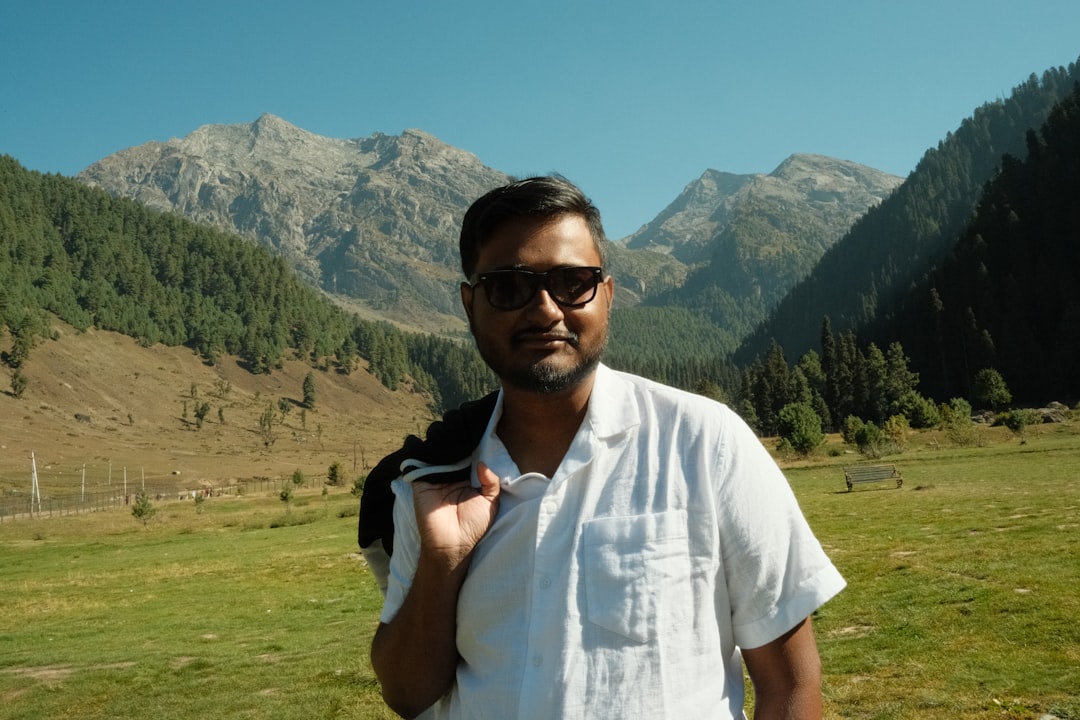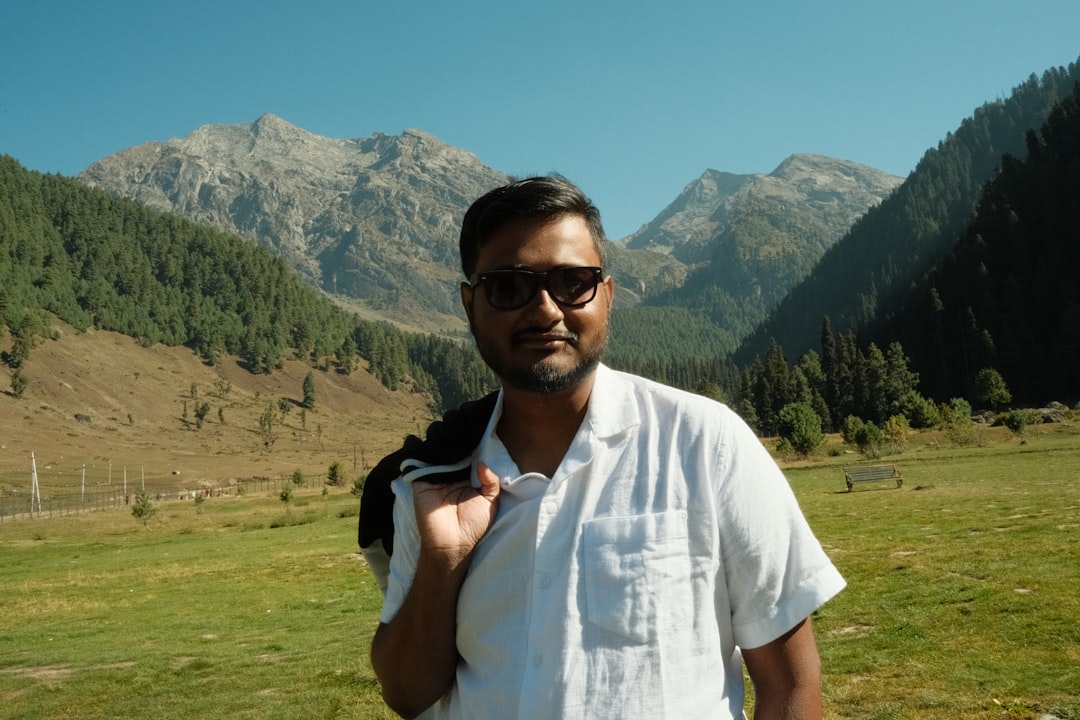Understanding GCC Radiographer Requirements
GCC healthcare employers face specific staffing challenges. First, regional medical facilities maintain international accreditation standards. Therefore, they require radiographers with recognized certifications. Additionally, language proficiency remains essential for patient communication. Moreover, cultural sensitivity ensures effective teamwork.
Nepalese radiographers typically complete rigorous training programs. Their education often includes practical hospital experience. Furthermore, many possess internationally recognized credentials. Consequently, they meet GCC healthcare employer expectations. However, verification processes remain crucial.
- Bachelor’s degree in Radiography or Medical Imaging Technology
- Minimum two years clinical experience
- Valid license from Nepal Health Professional Council
- Basic life support certification
- Proficiency in operating digital imaging systems
- English language communication skills
Additionally, specialized skills increase candidate value. For example, experience with interventional radiology proves advantageous. Similarly, mammography or CT specialization commands premium compensation. Therefore, clearly define your technical requirements before starting candidate searches.
Sourcing Radiographer from Nepal Strategic Overview
Successful talent acquisition requires systematic approaches. First, develop comprehensive job descriptions. These should outline technical responsibilities clearly. Additionally, specify required qualifications and experience levels. Moreover, include information about your facility’s equipment.
Furthermore, sourcing radiographer from Nepal involves multiple channels. University partnerships provide access to recent graduates. Meanwhile, professional associations connect with experienced practitioners. Additionally, recruitment agencies offer pre-screened candidate pools. Consequently, diversified sourcing strategies yield optimal results.
Candidate assessment should include multiple verification stages. Technical knowledge testing remains essential. Additionally, practical skills demonstration proves valuable. Moreover, behavioral interviews assess cultural fit. Therefore, structured evaluation processes identify the strongest candidates.
- Partner with accredited Nepalese radiography colleges
- Advertise through Nepal Health Professional Council
- Utilize specialized healthcare recruitment platforms
- Attend virtual healthcare career fairs in Nepal
- Leverage employee referral programs
- Engage with radiology professional associations
Compensation packages must remain competitive. Furthermore, they should align with GCC market standards. Additionally, consider including accommodation and transportation. Moreover, professional development opportunities attract quality candidates. Therefore, comprehensive benefits packages enhance recruitment success.
Legal Framework and Compliance Standards
GCC countries maintain specific healthcare regulations. These govern foreign healthcare professional employment. First, credential verification ensures qualification authenticity. Additionally, license equivalency processes apply. Moreover, health authority approvals remain mandatory.
Nepalese radiographers must complete several attestation steps. Their educational certificates require verification. Furthermore, experience letters need authentication. Additionally, professional licenses must be validated. Consequently, documentation preparation demands careful attention.
Employment contracts must comply with local labor laws. These specify working hours and leave entitlements. Additionally, they outline termination conditions. Moreover, they define probation periods. Therefore, legal review prevents compliance issues.
- MoFA attestation for educational certificates
- Nepal Health Professional Council license verification
- Good standing certificate from previous employers
- Medical fitness certificate from approved centers
- Police clearance certificate from Nepal
- Passport validity minimum two years
Visa processing follows specific sequences. First, work permits require employer sponsorship. Additionally, residence visas need medical testing. Moreover, professional classification affects visa categories. Therefore, understanding these sequences prevents processing delays.
Sourcing Radiographer from Nepal Best Practices
Successful recruitment implementation follows proven methodologies. First, establish clear communication channels with candidates. Regular updates maintain engagement throughout the process. Additionally, transparent information builds trust. Moreover, realistic timelines manage expectations effectively.
Furthermore, sourcing radiographer from Nepal benefits from local partnerships. Recruitment agencies with Nepal offices understand market dynamics. They also maintain candidate networks. Consequently, they accelerate identification of suitable professionals.
Interview processes should accommodate time zone differences. Virtual interviews enable comprehensive assessment. Additionally, technical testing validates practical skills. Moreover, panel interviews provide multiple perspectives. Therefore, thorough evaluation ensures quality hires.
- Conduct initial video interviews for screening
- Administer online radiography knowledge tests
- Request portfolio of clinical experience
- Verify references from previous supervisors
- Assess cultural adaptability through scenario questions
- Include team members in final interviews
Onboarding preparation begins before arrival. Accommodation arrangements should be confirmed. Additionally, orientation schedules need development. Moreover, licensing assistance facilitates smooth transitions. Therefore, comprehensive onboarding supports retention.
Documentation and Processing Steps
Radiographer recruitment involves systematic documentation. First, collect educational certificates and transcripts. These require verification from issuing institutions. Additionally, professional licenses need validation. Moreover, experience certificates must be authenticated.
Furthermore, employment contract preparation follows specific requirements. These documents must comply with GCC labor laws. Additionally, they should clearly outline terms and conditions. Moreover, they need to specify working hours and compensation. Therefore, legal review ensures compliance.
Visa processing involves multiple government departments. First, work permit applications require employer submission. Additionally, entry visas enable travel to GCC countries. Moreover, residence permits follow arrival. Consequently, coordinated processing prevents delays.
- Educational certificate attestation from MoFA
- Professional license verification from NHPC
- Employment contract attestation from labor department
- Medical fitness certificate from approved centers
- Passport and biometric data collection
- Work permit and residence visa processing
Deployment coordination ensures smooth transitions. Flight arrangements should be confirmed in advance. Additionally, airport pickup services reduce arrival stress. Moreover, temporary accommodation facilitates settlement. Therefore, detailed planning supports successful integration.
Sourcing Radiographer from Nepal Implementation Timeline
Realistic timelines ensure successful recruitment outcomes. First, candidate sourcing typically requires 2-4 weeks. This depends on position specificity and market conditions. Additionally, screening and interviews need 1-2 weeks. Moreover, selection and offer acceptance takes approximately 1 week.
Furthermore, sourcing radiographer from Nepal involves documentation processing. This stage generally requires 3-4 weeks. Attestation procedures cause most variation. Additionally, visa processing adds 2-3 weeks. Consequently, total timeline typically spans 8-12 weeks.
Several factors influence timeline duration. Peak seasons may extend processing times. Additionally, documentation completeness affects speed. Moreover, specific GCC country regulations impact duration. Therefore, building buffer time proves advisable.
- Week 1-4: Candidate sourcing and screening
- Week 5-6: Interviews and selection
- Week 7-8: Offer acceptance and documentation collection
- Week 9-12: Attestation and visa processing
- Week 13: Travel arrangements and deployment
- Week 14: Orientation and onboarding
Proactive management minimizes delays. Regular follow-ups with authorities help. Additionally, complete documentation submission prevents rejections. Moreover, experienced partners navigate bottlenecks effectively. Therefore, professional assistance optimizes timelines.
Common Challenges and Solutions
Radiographer recruitment presents specific obstacles. First, qualification verification sometimes encounters delays. Educational institutions may have processing backlogs. Additionally, documentation requirements can change unexpectedly. Moreover, candidate availability fluctuates with market conditions.
Furthermore, cultural adaptation requires attention. Nepalese professionals adjust to GCC work environments. This process involves understanding different communication styles. Additionally, workplace hierarchies may vary. Moreover, living arrangements represent significant changes.
Several strategies address these challenges effectively. Comprehensive orientation programs facilitate cultural adaptation. Additionally, mentorship systems support professional integration. Moreover, clear communication prevents misunderstandings. Therefore, proactive approaches ensure successful placements.
- Documentation delays: Begin attestation early
- Candidate withdrawal: Maintain backup candidates
- License equivalency: Research requirements in advance
- Cultural adaptation: Provide comprehensive orientation
- Language barriers: Assess proficiency during interviews
- Retention issues: Offer competitive packages
Retention strategies prove equally important. Professional development opportunities motivate staff. Additionally, recognition programs acknowledge contributions. Moreover, career progression pathways encourage long-term commitment. Therefore, investment in employee satisfaction yields returns.
Expert Recommendations for Success
Successful radiographer recruitment requires strategic approaches. First, develop long-term workforce plans. These should account for expansion and turnover. Additionally, build relationships with educational institutions. Moreover, establish partnerships with reliable recruitment agencies.
Furthermore, invest in employer branding. Healthcare professionals research potential employers thoroughly. Therefore, positive workplace reputation attracts quality candidates. Additionally, employee testimonials provide social proof. Moreover, professional development opportunities demonstrate commitment.
Technology integration enhances recruitment efficiency. Applicant tracking systems organize candidate data. Additionally, video interviewing platforms facilitate remote assessment. Moreover, digital documentation systems streamline processing. Therefore, appropriate tools optimize outcomes.
- Develop radiographer career progression pathways
- Implement continuous professional development programs
- Establish mentorship systems for new hires
- Participate in healthcare industry events
- Collect and analyze recruitment metrics
- Benchmark compensation against market standards
Quality assurance remains essential. Regular process reviews identify improvement areas. Additionally, candidate feedback provides valuable insights. Moreover, placement success rates measure effectiveness. Therefore, continuous refinement maintains competitiveness.
Frequently Asked Questions About Sourcing Radiographer from Nepal
What is the timeline for sourcing radiographer from Nepal?
Timeline typically ranges 8-12 weeks depending on country requirements. Furthermore, documentation preparation affects processing speed. Therefore, consult our specialists for accurate estimates.
What documentation is required for radiographer recruitment?
Required documents include employment contracts, visa applications, medical certificates, and educational credentials. Additionally, country-specific requirements vary. Moreover, attestation procedures apply.
What are typical costs for radiographer recruitment?
Costs vary by position level, country, and volume. Furthermore, visa fees, medical screening, and documentation affect total investment. Therefore, request detailed quotations from recruitment partners.
How does Allianze HR ensure compliance?
We maintain Ministry-approved RA license status. Additionally, our team monitors GCC labor law changes. Moreover, we conduct thorough documentation verification at every stage.
Which GCC countries does Allianze serve?
We provide recruitment services across UAE, Saudi Arabia, Qatar, Kuwait, Bahrain, and Oman. Furthermore, our South Asian talent network spans India, Nepal, Bangladesh, and Pakistan.
What industries does Allianze specialize in?
Our expertise covers construction, hospitality, healthcare, facilities management, manufacturing, and technical services. Additionally, we handle both skilled and semi-skilled recruitment.
Partner with Allianze HR for Radiographer Recruitment Success
Successful radiographer recruitment demands specialized expertise. Furthermore, sourcing radiographer from Nepal requires understanding both source and destination markets. Additionally, compliance knowledge prevents legal complications. Moreover, cultural sensitivity ensures long-term retention.
Allianze HR Consultancy provides comprehensive recruitment solutions. Our healthcare specialization understands radiographer requirements thoroughly. Additionally, our Nepal network accesses qualified professionals efficiently. Moreover, our GCC expertise navigates regional regulations effectively.
We invite you to leverage our recruitment experience. Our team streamlines the entire process from sourcing to deployment. Furthermore, we ensure compliance at every stage. Additionally, we support successful integration. Therefore, schedule consultation appointment with our healthcare recruitment specialists today. Access our professional recruitment resources for additional guidance.




